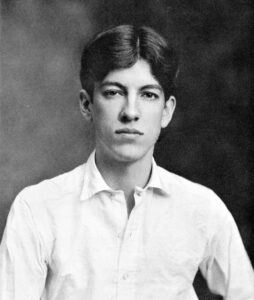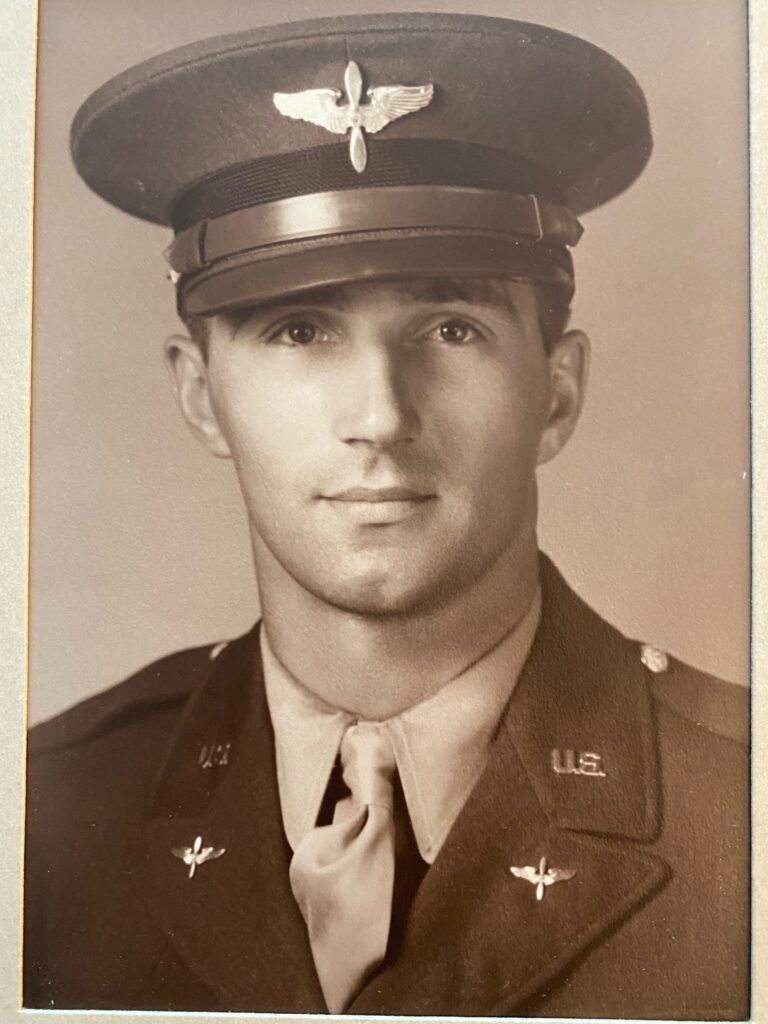We need to remember the sacrifices that were made.

Our Fathers and Memorial Day: They Had a Rendezvous with Death, but Wouldn’t Talk About It
By John Kass
Memorial Day, May 29, 2023
So what are you going to do on Memorial Day?
Since Americans treat Memorial Day as the opening of summer, many of us will do a serious amount of grilling, meat smoking and eat some delicious ribs, chicken, Italian and Polish sausage and golden cobs of sweet corn and beans.
But isn’t there something else to chew on for Memorial Day that doesn’t involve eating, drinking and watching car races before they’re all outlawed by the radical anti-human environmentalists?
Others of us living near major cities like Chicago will count casualties in the urban war zones, with thousands of people shot every year and hundreds murdered, as politicians wring their hands desperately. The politicians, most of them Democrats, don’t want to put violent thugs in jail because that might hurt their political fortunes. They don’t want to be thought ill of by Soros Democrats. They expect us to take our chances.
And in the cemeteries in and around Chicago, as we plant flowers at graves, we’ll also have to look over our shoulders and assess potential threats. Because today is a day for the graveyard, lest we forget. So were other days leading up to this day. We took flowers out to the cemeteries, and hand trowels and black dirt. Watering cans. We were about preparing our obligations for Memorial Day.
Some of us took incense to the graves. Some of us took along the prayers of our fathers and forefathers, too, and said those prayers aloud as the incense wafted among the flowers and the gravestones and the tiny American flags.
Memorial Day is the national day of mourning to honor our war dead. I’d like to think that a few of us would push away from that second piece of blueberry pie and think of those who survived, too. About those combat veterans who had a rendezvous with death. They didn’t talk much about it. They didn’t see themselves as glorious warriors, telling glorious stories. They weren’t show ponies.
They had a job to do and when it was done they raised their families. My father was a combat soldier in World War II in the mountains of Albania. My grandfather fought in France in World War I and again in World War II. And my father-in-law Donald Castella was wounded near the murderous beaches of Normandy, only to get patched up in time for the murderous Ardennes Forrest and the Battle of the Bulge.
And my dear friend Thom Serafin’s father, Capt. Mitchell Serafin, a Pennsylvania farm boy who joined the Army Air Corps and captained 53 bomber missions in Europe and North Africa until they told him his war was over and ripped out his heart.
(His bomber crew is featured in the photo at the top of this column. Mitchell Serafin is the tall 6-foot 4-inch guy with the big hands in the back row.)
And I’ll also be thinking about a fellow named Alan Seger. You might not know about Seger. A poet who joined the French Foreign Legion. Americans don’t read poetry now. Some may think that rap is poetry, but songs about rolling in the gutter like dogs are not poetry and calling women “bitches” is not poetry. Seger did not live to debate the question. Shortly after he wrote “I Have a Rendezvous with Death,” he was killed at the Battle of the Somme.

ALAN SEEGER
I Have a Rendezvous with Death
BY ALAN SEEGER
I have a rendezvous with Death
At some disputed barricade,
When Spring comes back with rustling shade
And apple-blossoms fill the air—
I have a rendezvous with Death
When Spring brings back blue days and fair.
It may be he shall take my hand
And lead me into his dark land
And close my eyes and quench my breath—
It may be I shall pass him still.
I have a rendezvous with Death
On some scarred slope of battered hill,
When Spring comes round again this year
And the first meadow-flowers appear.
God knows ’twere better to be deep
Pillowed in silk and scented down,
Where Love throbs out in blissful sleep,
Pulse nigh to pulse, and breath to breath,
Where hushed awakenings are dear …
But I’ve a rendezvous with Deathdona
At midnight in some flaming town,
When Spring trips north again this year,
And I to my pledged word am true,
I shall not fail that rendezvous.
Source: A Treasury of War Poetry (1917)
But other men I mentioned here today did not die in combat. I suppose some of you may say they have no business here. And that my father wore the uniform of the Greek Army in the mountains of Albania and later against the Communists in desperate house-to-house fighting in the bloody Greek Civil War.
But he lived. As did my father-in-law and my grandfather, my father-in-law and Captain Serafin. Who really “survives” combat? How much of themselves do they leave behind? Are they ever the same, and when they shave do they see a different version of themselves?
And those of you who are sticklers about who should be remembered and who should not might say that those who lived do not belong here.
My father and Betty’s dad would never ask to be included. They would never beg you. When I was a little boy and my dad became a U.S. citizen, the federal judge asked if he’d take up arms against his former nation–the nation he’d bled for-if the American president asked it of him. He said yes.
But he wouldn’t ask you. Neither would my grandfather Peter Kefalas, who was in combat in both World Wars. And neither would Capt. Serafin, who flew those 52 missions as a bomber pilot in North Africa, most of them without fighter escort and others, later, in Europe. They were of the great generations. They were men. They didn’t want a hug from you. Or your validation of their feelings. That would have embarrassed them.
All they wanted was that you’d be free.
After his father died in 1993, a high school classmate wrote a secret letter to the Serafin family. Mitchell Serafin was a star athlete but also was to be the class valedictorian, but there was another girl who was desperate to win the academic prize. Mitchell Serafin flubbed a grade or two to make certain she’d win top honors, but he never told family or friends.
He never spoke of it, like all those missions. That’s old school. And America has forgotten the old school ways.
“Think of it. 52 missions,” said friend Thom of his father.
I told him I couldn’t. My knees would have turned to jelly. Thom said he didn’t think he could do it, either. He asked his dad.
“Yeah, you could do it,” said his father. “It was a job and it had to be done. You’d do it.”
“One morning his hands were shaking uncontrollably. He couldn’t get them to stop shaking and he got worried went to the doctor on the base and the doctor said ‘You’re done. Your war is over.”
Capt. Mitchell Serafin left the family farm in Oil City, Pennsylvania after enlisting in December 1941 after Pearl Harbor. He was stationed in Benghazi for the North African campaign. He led the second daylight bombing raid on Germany. His last mission was on D-Day,
Like so many men of older, great generations, he had a job to to. And it wasn’t about talking about feelings. His job was to secure American liberty and freedom.
Old School.
Memorial Day 2023.
Lest we forget.

MITCHELL SERAFIN
Vote MAGA or its all for naught!!!
ReplyDelete